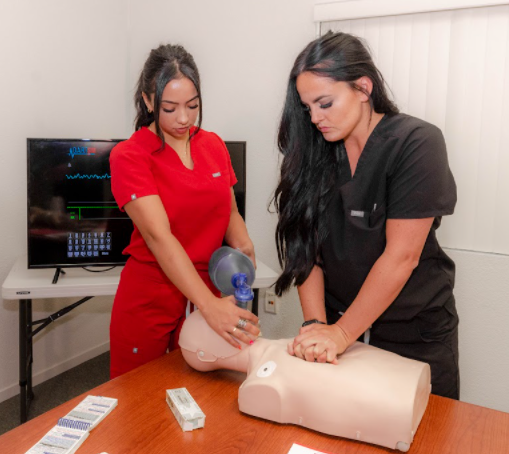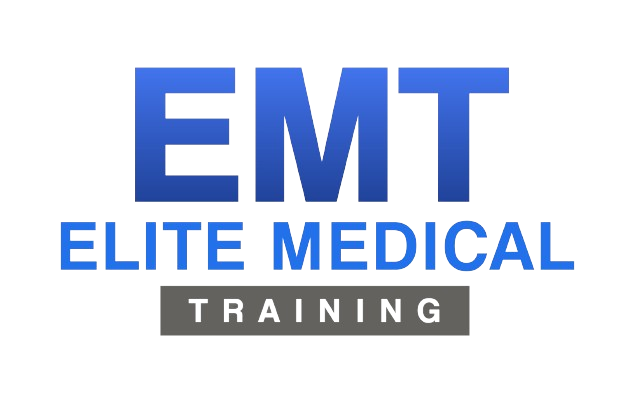All about Advanced Cardiovascular Life Support (ACLS)

Advanced Cardiovascular Life Support (ACLS) is a set of clinical interventions and algorithms used to manage cardiac emergencies, including cardiac arrest, acute coronary syndromes, and stroke. ACLS is an essential skill for healthcare professionals working in emergency medicine, critical care, and cardiology.
The goal of ACLS is to provide prompt and effective interventions that improve the likelihood of survival and reduce the risk of neurological damage. ACLS emphasizes the importance of high-quality cardiopulmonary resuscitation (CPR), early defibrillation, and early recognition and treatment of specific cardiac rhythms that can lead to cardiac arrest.
ACLS algorithms are designed to be systematic, standardized, and easy to follow, even in high-stress situations. The algorithms are based on the latest evidence-based research and are updated periodically to reflect new developments in resuscitation science.
One of the most critical components of ACLS is high-quality CPR. This involves chest compressions, ventilation, and defibrillation, if necessary. High-quality CPR is essential to maintain blood flow to vital organs, including the brain, during cardiac arrest.
ACLS also includes interventions such as airway management, administration of medications, and treatment of specific cardiac rhythms such as ventricular fibrillation and pulseless ventricular tachycardia. These interventions are guided by the ACLS algorithms, which provide step-by-step instructions for healthcare providers to follow.
Another critical component of ACLS is team-based care. ACLS is typically provided by a team of healthcare providers, including physicians, nurses, and paramedics. Effective communication and coordination among team members are essential to ensure that interventions are delivered promptly and effectively.
ACLS training is available to healthcare providers, like Elite Medical Training at various levels, including basic and advanced courses. Basic courses cover the essential components of ACLS, including high-quality CPR and basic rhythm recognition. Advanced courses provide more in-depth training on specific interventions and the use of specialized equipment, such as advanced airway devices and transcutaneous pacing.
In conclusion, ACLS is a vital skill for healthcare providers working in emergency medicine, critical care, and cardiology. ACLS emphasizes the importance of high-quality CPR, early defibrillation, and early recognition and treatment of specific cardiac rhythms. ACLS algorithms are designed to be systematic, standardized, and easy to follow, even in high-stress situations. ACLS training is available to healthcare providers at various levels and is essential for improving patient outcomes in cardiac emergencies.

